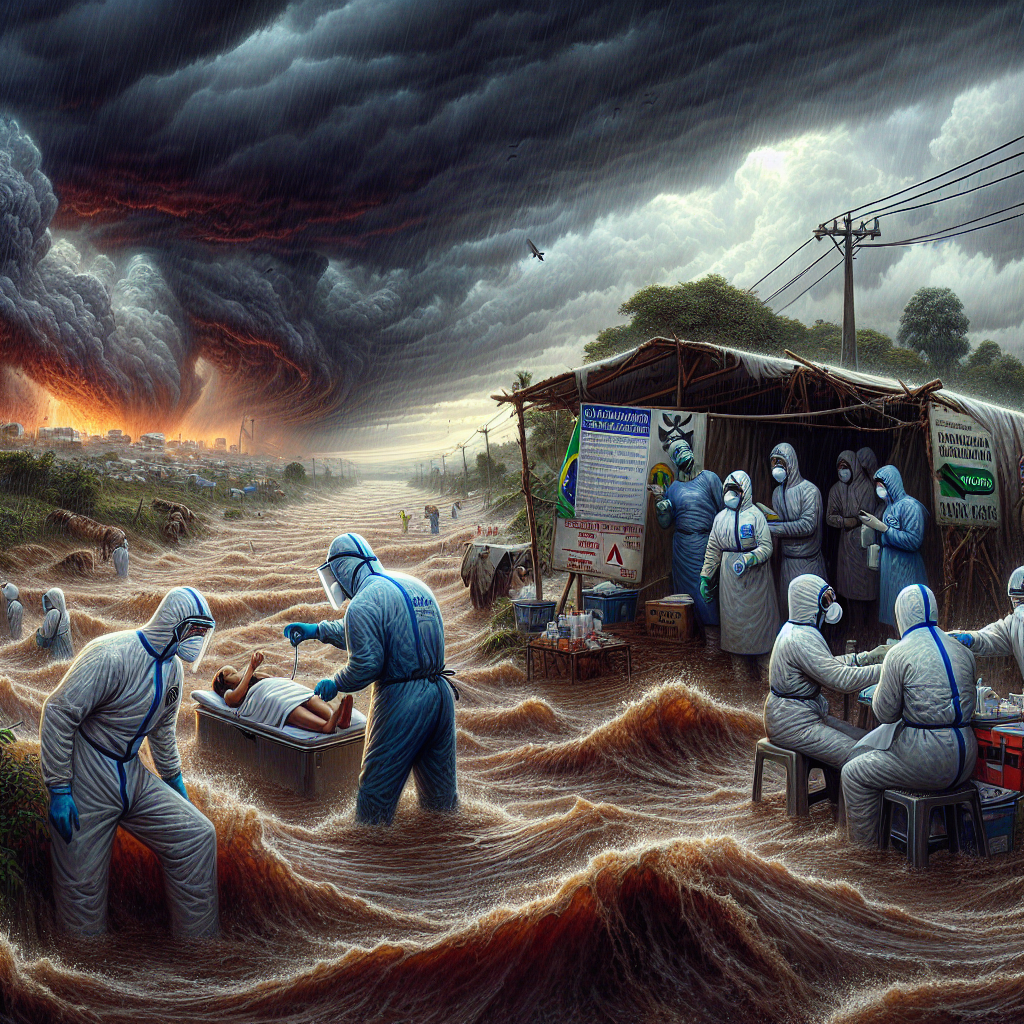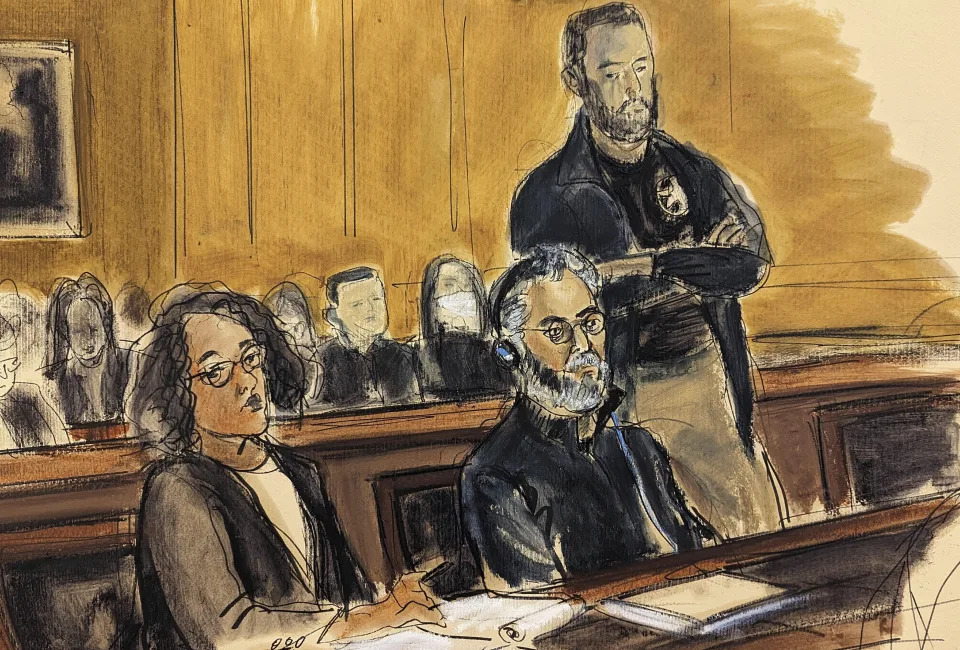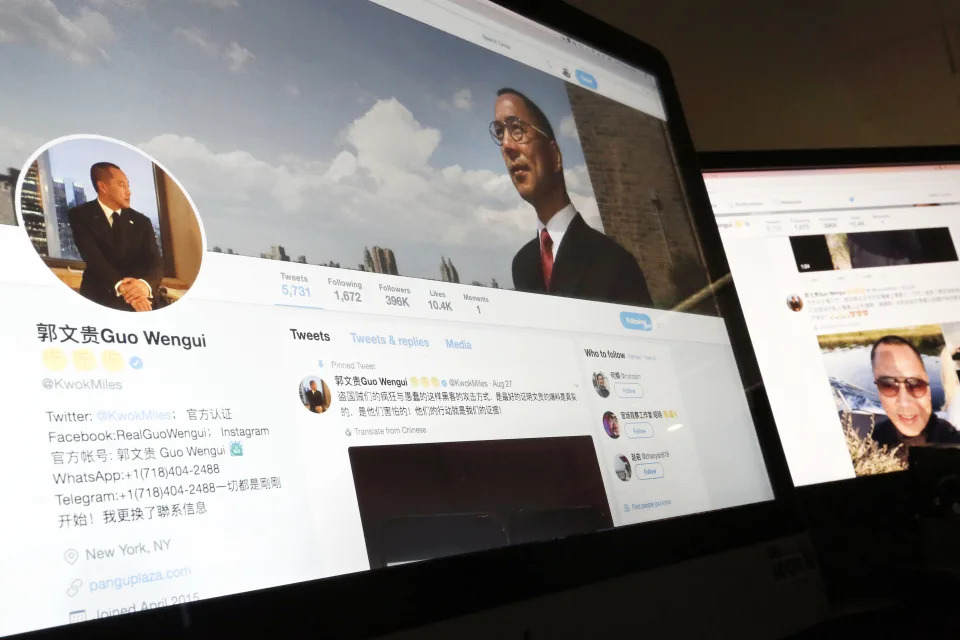THE LAST COLONY
VIVE INDENDENCE
New Caledonia unrest: Kanak people want end to oppression - protest organiser
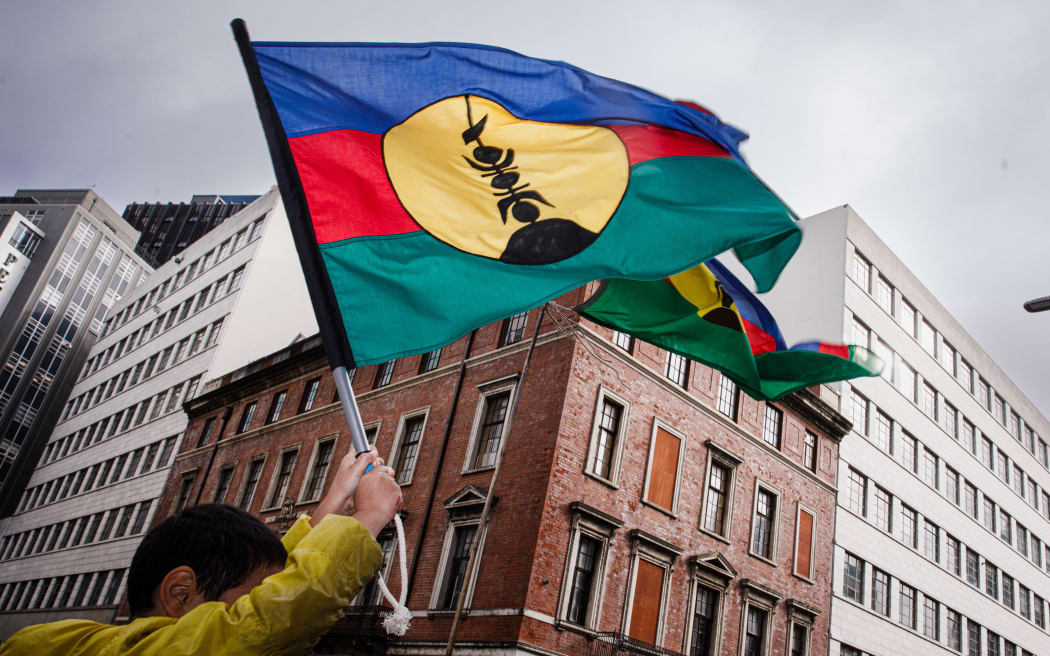
A flag being held by one of the protesters. Photo: RNZ / Angus Dreaver
Dozens of people rallied outside the French Embassy in Wellington this afternoon after civil unrest in New Caledonia.
The capital, Nouméa, descended into chaos last Monday with armed clashes between indigenous Kanak pro-independence protesters and security forces.
It began when a new law that would allow French residents who have lived in New Caledonia for more than 10 years to vote was proposed, which some said would weaken the Kanak vote.
Six people have been killed, including two gendarmes, and hundreds of others have been injured since then.
Organiser Jessie Ounei said she wanted to raise awareness of the violence against Kanak in New Caledonia.
"For decades, the Kanak independence movement has persevered in their pursuit of autonomy and self-determination, only to be met with broken promises and escalating violence orchestrated by the French government," she said.
"It is time to stand in solidarity with the Kanak people and demand an end to this cycle of oppression and injustice."
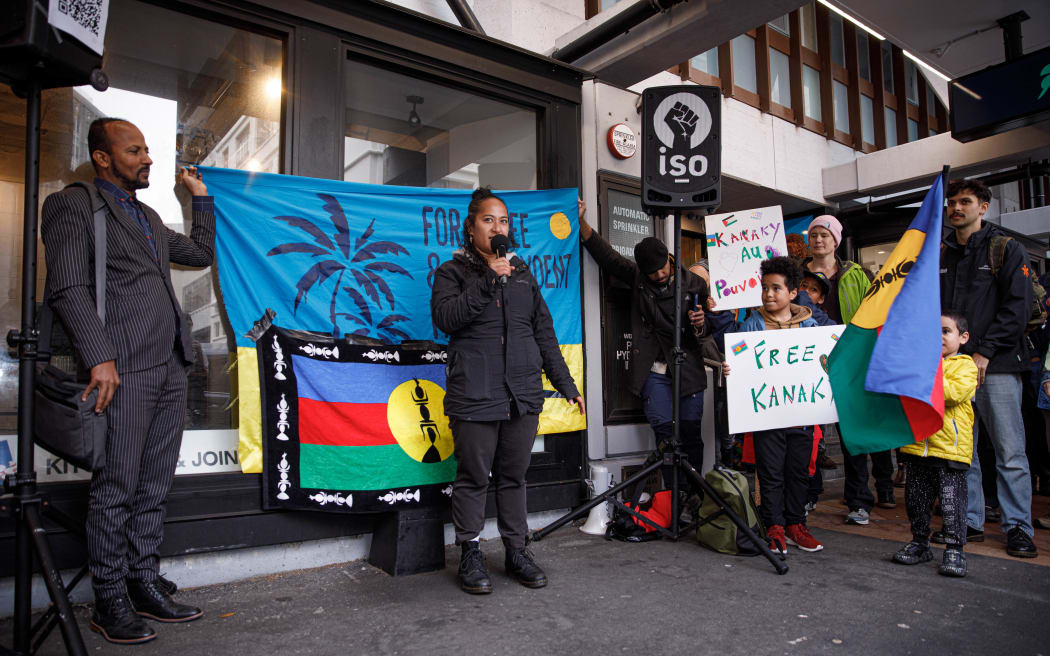
The group outside the French embassy. Photo: RNZ / Angus Dreaver
Ounei said she wanted France to fulfil its promises and commitments made under the Nouméa and Matignon Accords.
"We are at the French Embassy today to call on France to remember their promise that they made in 1998," she said.
"I want to remind France that it was under those accords that it agreed to a transition of independence and self-governance while respecting the rights of the Kanak people."
French President Emmanuel Macron is due in Nouméa this evening. His visit coincides with the second mercy flight being carried out to bring New Zealanders out of the city
Pacific NGO alliance condemns France for 'betrayal of the Kanaky people'
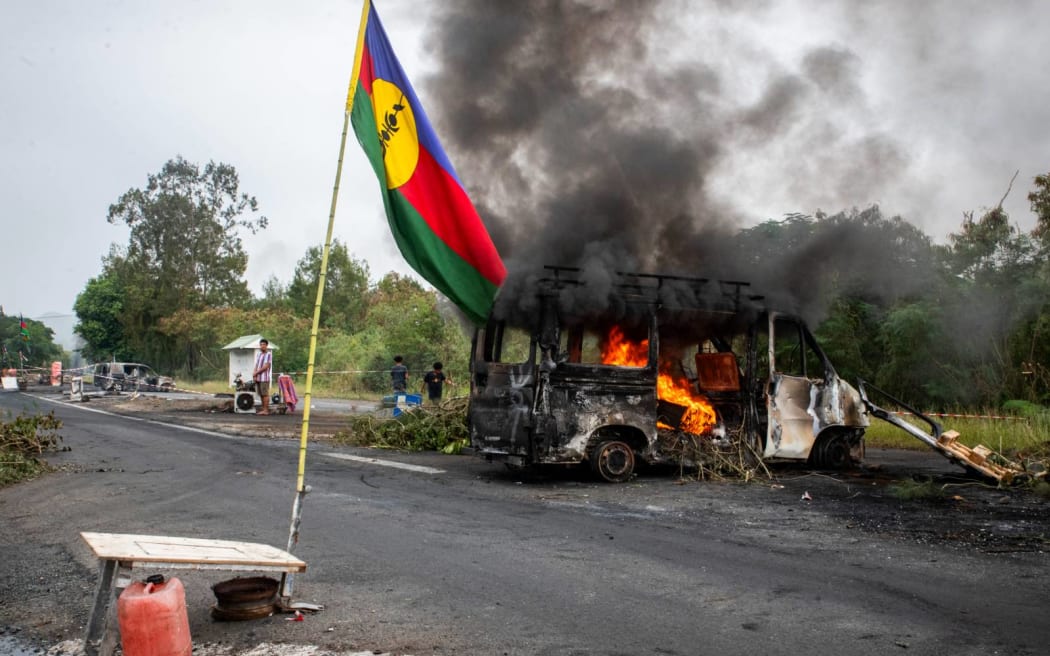
This photograph shows a Kanak flag waving next to a burning vehicle at an independantist roadblock at La Tamoa, in the commune of Paita, France's Pacific territory of New Caledonia on 19 May, 2024. Photo: DELPHINE MAYEUR / AFP
An alliance of over two dozen Pacific non-government organisations has condemned France for what they say is a "betrayal" of New Caledonia's Kanak population.
In a statement, the group has also called for calm and peace as the civil unrest enters its eighth day after Paris adopted controversial constitutional amendment that would open up the local electoral rolls to allow French residents in who have been in New Caledonia for 10 years to vote in provincial elections.
It is a move that pro-independence protesters say would weaken the indigenous Kanak vote and the principle reason for the violent unrest.
The Pacific Regional Non-Government Organisations (PRNGOs) has condemned "the Macron government for its poorly hidden agenda of prolonging colonial control over the territory".
The alliance said Kanak leaders had called repeatedly for the withdrawal of the proposed constitutional changes that would endanger the indigenous peoples' right to self-determination and threaten ongoing peaceful dialogue about future arrangements for the territory for several months.
"The changes, proposed unilaterally by the Macron government, would remove voting eligibility provisions that have been preserved and protected under the 1998 Nouméa Accords as a safeguard for indigenous peoples against demographic changes that could make them a minority in their own land and block the path to freedom," the statement said.
"Despite repeated protests and warnings that Macron's constitutional modification initiative could end a 30-year period of relative peace under the Accords, the proposals, already passed by the French Senate, were again pushed through its National Assembly early last week.
"Growing frustration, especially amongst Kanak youth, at what is seen locally as yet another French betrayal of the Kanaky people and other local communities seeking peaceful transition, has since erupted in riots and violence in Nouméa and other regions."
So far, six people have been confirmed dead as a result of the armed clashes, including two police officers.
A Kanak journalist Andre Qaeze told RNZ Pacific police and armed forces are attempting to clear and open roads to parts of Nouméa.
However, Qaeze, who is with Radio Djiido, said this work is being made difficult by the protesters.
The New Zealand Defence Force (NZDF) is ready to send a Hercules to Nouméa to bring New Zealanders home as soon as the French give permission to do so.
The Fiji government is also working with the Australian and New Zealand governments to get Fijian citizens out of Nouméa, Prime Minister Sitiveni Rabuka said in Parliament on Monday.
According to PRNGOs, the security situation is likely to be made worse by humanitarian challenges due to the damage to shops and other outlets for daily necessities and medicines.
The members of the alliance are calling for the French Presidency to immediately withdraw its "unilaterally-imposed project of removing constitutional provisions that safeguard pro-independence voters".
They also want the United Nations and Pacific leaders to send a neutral mission to oversee and mediate dialogue between all parties to the Noumea Accords and resulting political process.
Listen to Kanak people
Meanwhile, the Australia West Papua Association (AWPA) said the French Prime Minister Gabriel Attal's comments that Paris would "show the utmost firmness towards looters and rioters and toughen sanctions" was a "short-sighted" statement and does not "look at the underlying causes of the protests".
"France should listen to the Kanak people," the organisation said in a statement.
AWPA's Joe Collins said "like all colonial powers anywhere in the world, the first response to what started as peaceful protests is to send in more troops, declare a state of emergency and of course accuse a foreign power of fermenting unrest".
He said the unrest is being caused by France itself.
New Caledonia unrest: Kanak young people will 'never give up' - journalist

Police reinforcements have arrived in New Caledonia where two days of violent unrest has affected the capital. Photo: Facebook / INFO ROUTE NC et COUP DE GUEULE ROUTE
The young people on the streets in New Caledonia are saying they will "never give up" pushing back on France's hold on the territory, a Kanak journalist in Nouméa says.
Radio Djiido's Andre Qaeze told RNZ Pacific young people have said that "Paris must respect us" and what has been decided by Jacques Lafleur and Jean-Marie Tjibaou, who were instrumental in putting an end to the tragic events of the mid-1980s and restoring civil peace in the French territory.
In 1988, Tjibaou signed the Matignon Accords with the anti-independence leader Lafleur, ending years of unrest and ushering in a peaceful decolonisation process.
Qaeze - speaking to RNZ Pacific on Monday morning as "heavy dotonation continued city" - said the political problem is the visible part of the iceberg - the electoral roll - but the real problem inside is the economic part.
He said they have decided to discuss the constitutional amendments to the electoral roll but want to know what are the contents of the discussions.
They also want to know the future of managing the wealth, including the lucrative mining, and all the resources of New Caledonia.
"Because those young people on the road, plenty of them don't have any training, they go out from school with no job. They see all the richness going out of the country and they say we cannot be a spectator," he said.
"The rich become richer and the poor become poorer, and they say no, we have to change this economic model of sharing. I think this is the main problem," he added.
Qaeze said the old pro-independence generation used to say to the young generation: "You go and stop".
"Then we are trying to negotiate for us but negotiate for 'us'. The word 'us' means only the local government is responsible not everybody.
"And now, for 30 years the young generation they have seen this kind of game, and for them we cannot continue like this."
He believes it is important for the local pro-independence leaders to take care of the contents of the future statutes not only political statutes.
According to the French High Commissioner Louis Le Franc, almost 240 rioters have been detained following the violent unrest as of Monday.
Qaeze said every year about 400 indigenous young people go out of school without any diploma or any career and these are the young people on the road.
He added there is plenty of inequality, especially in Noumea, that needs to change.
"Our people can do things, can propose also our Oceanian way of running and managing [New Caledonia]."
